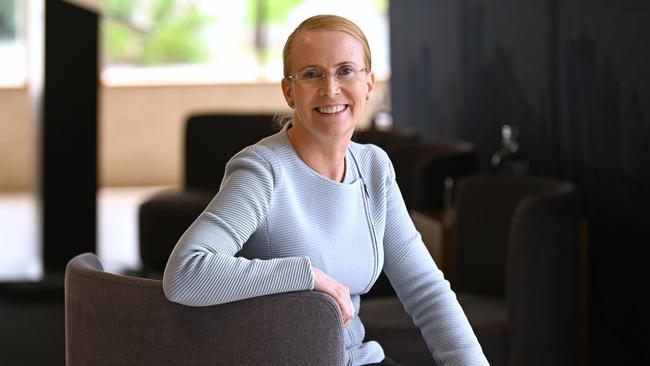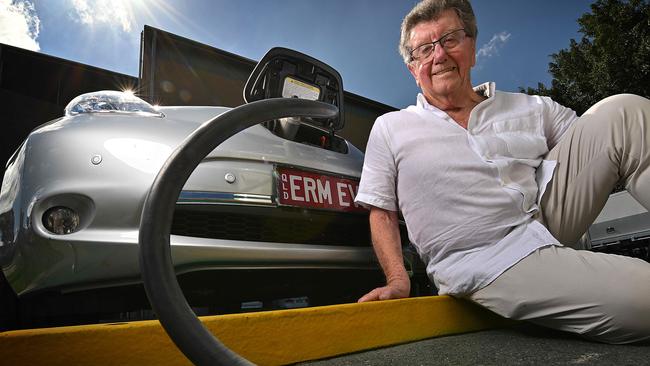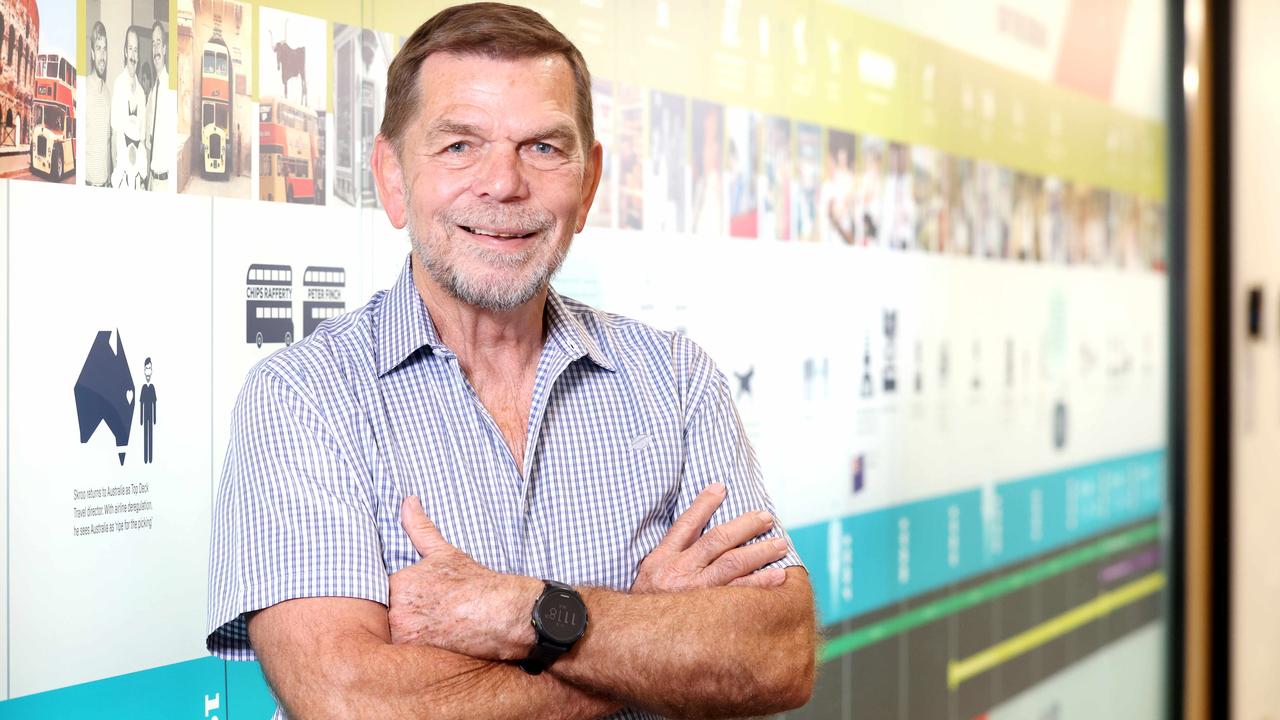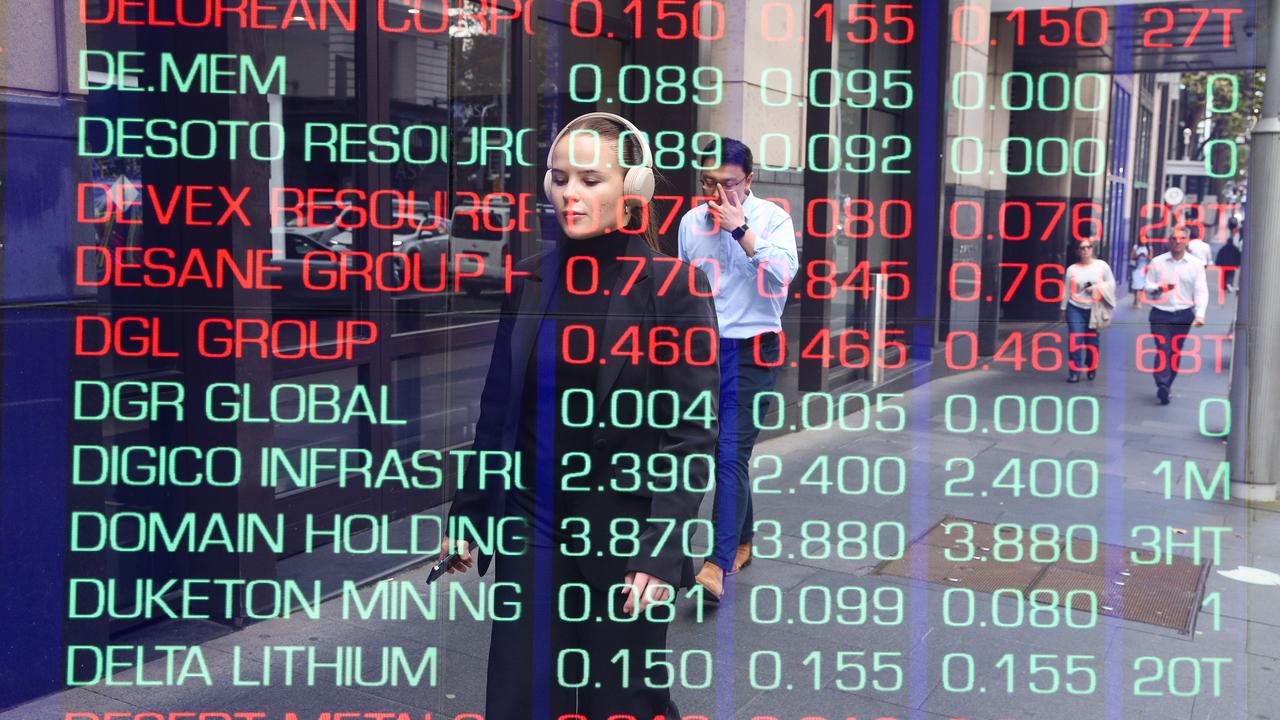Tritium deal could see firm sold off to Taiwan tech player
Taiwan’s Lite-On Technology could purchase all of troubled fast-charger manufacturer Tritium DCFC in order to give it a greater foothold in the US market.

Taiwanese electronics company Lite-On Technology could purchase all of troubled fast-charger manufacturer Tritium DCFC to boost its access to the US market.
Ascern Advisers founder David Harreveld said Lite-On had developed its own electric vehicle chargers over the past decade and earlier this year announced a major investment in an EV production line in Texas.
Lite-On is reportedly considering offering a financial lifeline to Tritium, which has racked up almost $190m in losses in the past year. Lite-On did not respond to inquiries for comment.
“Lite-On will be very aware that an equity investment in Tritium will give it an instant boost into the US market,” said Brisbane-based Mr Harreveld, whose firm advises startups and growth focused companies.
Lite-On’s core businesses include LED lighting, electronic power system supplies, and casings for computers and game consoles.
“Given Tritium’s current investors are reluctant to invest additional capital, Lite-On is perfectly placed to pick up most or all of Tritium, and gain not just more US production capacity but also research and development expertise, which will definitely be needed as the EV charger market matures,” said Mr Harreveld.
Mr Harreveld said Tritium’s mistake was not expanding too quickly but underestimating how much capital it would need to build the company to a top market position.
Tritium had one major advantage over larger rival Tesla in that the latter would need to upgrade its existing chargers to be able to charge non Tesla vehicles.

“A recapitalised Tritium could steal a march on Tesla and other smaller players in the market to maintain its dominant position for the next two decades,” he said.
He added Tritium’s new Tennessee factory could produce 30,000 chargers a year compared to only 5000 at its soon-to-close Brisbane factory.
“Industries undergoing rapid technological expansion require capital and bucketloads of it,” said Mr Harreveld. “They use that capital to refine and expand the market until it is accessible to everybody at which time it replaces legacy tech.
“In fact, the chicken and egg nature of electric vehicles and chargers reinforces the need for larger investments to get the market to maturity.”
Nasdaq-listed Tritium, which has richlister Trevor St Baker as 22 per cent stakeholder, unsuccessfully approached the Queensland government for a $90m equity stake tied to guarantees to keep its Brisbane factory open. Mr St Baker said Tritium was “working overtime” to get the finance to continue to build the business.
Tritium said the closure of the factory, which employs about 400 people, was part of a turnaround plan to achieve a “path to profitability” in 2024 and reduce external capital requirements.

Tritium chief executive Jane Hunter said that while the company continued to build on recently reported financial results, which include achieving record revenue and gross margins, the strategic restructuring of the business was “necessary to drive both profitability and shareholder value.”
Raymond James & Associates managing director Pavel Molchanov said Tritium was “a textbook case study of a manufacturer that suffers from excess production capacity.”
“There is no need for the company to operate production facilities in both Australia and the United States,” Mr Molchanov said.
“As a straightforward matter of logistics, shipping to Europe - which is the company’s number-one market - is cheaper from across the Atlantic rather than from Down Under. Hence the decision to shut down the plant in Brisbane.”
Mr Molchanov said Tritium faced another problem, tied to the precipitous drop in the stock over the past year.
“With the stock trading at a mere US$0.20, we must ask the question: will some of the customers be worried about the company surviving long enough to maintain the warranty?,” he said. “If such fears become widespread, it would damage the company’s ability to generate revenue in the future.”




To join the conversation, please log in. Don't have an account? Register
Join the conversation, you are commenting as Logout